The Textile Recycling Industry Sees a Glimmer of Hope Amidst the Waste
A recent report from the United Nations Environment Programme revealed that 92 million metric tons of textile waste were generated in 2017, a staggering number that highlights the pressing need for sustainable textile management. Amidst this backdrop, a small startup has emerged, offering a novel solution to the textile waste conundrum.
The company, which specializes in textile recycling, has been making waves in the industry with its innovative approach to upcycling and recycling. According to industry insiders, the company has been able to process over 10,000 kilograms of textile waste in the past quarter, with a remarkable 80% of the materials being successfully recycled.
The financial implications of textile waste are substantial. A study by the Ellen MacArthur Foundation estimated that the global fashion industry generates over $500 billion in annual revenue, but also produces an estimated 12.8% of global greenhouse gas emissions. The textile recycling industry, on the other hand, is expected to grow to $15.8 billion by 2025, driven by increasing consumer awareness and government regulations.
The market context is one of growing demand for sustainable products and services. Consumers are becoming increasingly environmentally conscious, driving the demand for eco-friendly products and services. Governments are also taking notice, with many countries implementing policies to reduce textile waste and promote recycling.
The company behind the innovative textile recycling service has its roots in the fashion industry. Founded by a group of entrepreneurs with a passion for sustainability, the company began as a small startup with a mission to reduce textile waste. Through a combination of upcycling and recycling, the company has been able to create a closed-loop system that reduces waste and promotes sustainability.
Looking ahead, the future of the textile recycling industry appears bright. As consumers become increasingly aware of the environmental impact of their purchasing decisions, demand for sustainable products and services is expected to grow. The company's innovative approach to textile recycling is well-positioned to capitalize on this trend, and its growth prospects are expected to be significant.
In conclusion, the textile recycling industry is at a critical juncture, with a growing demand for sustainable products and services. The company's innovative approach to upcycling and recycling has the potential to make a significant impact on the industry, and its growth prospects are expected to be substantial. As consumers and governments continue to prioritize sustainability, the textile recycling industry is likely to play an increasingly important role in reducing waste and promoting eco-friendly practices.
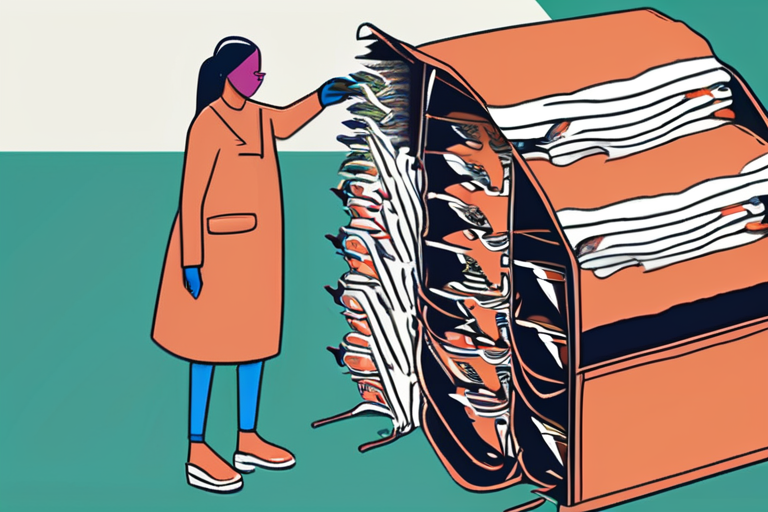






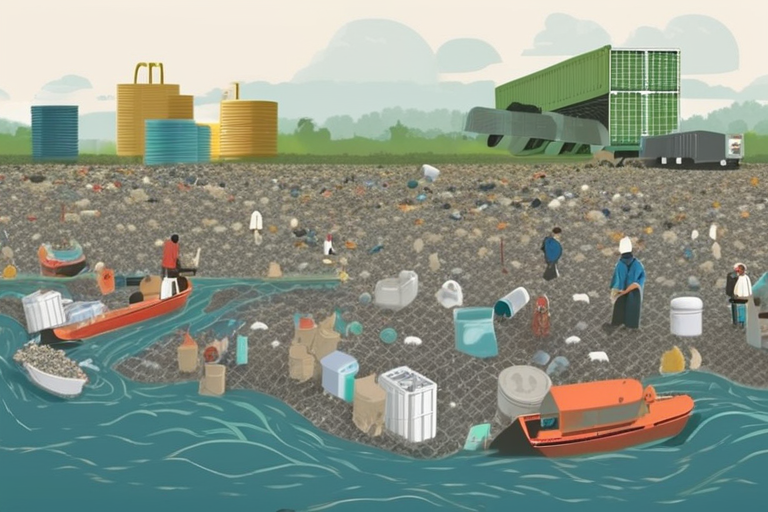

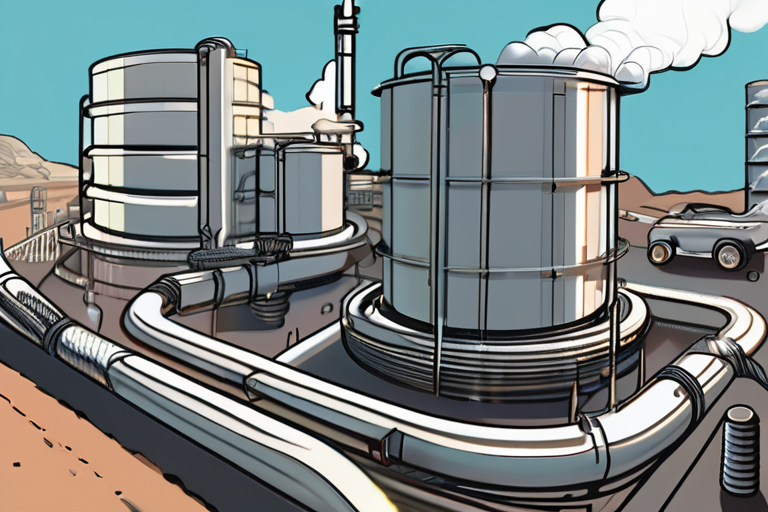
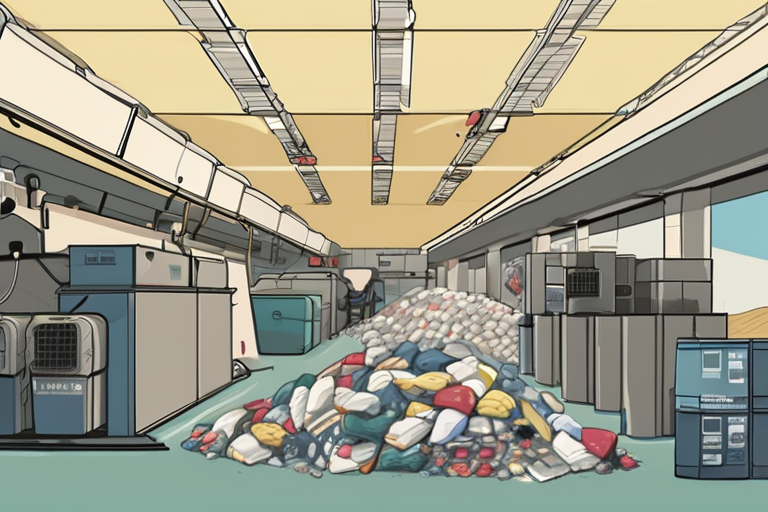
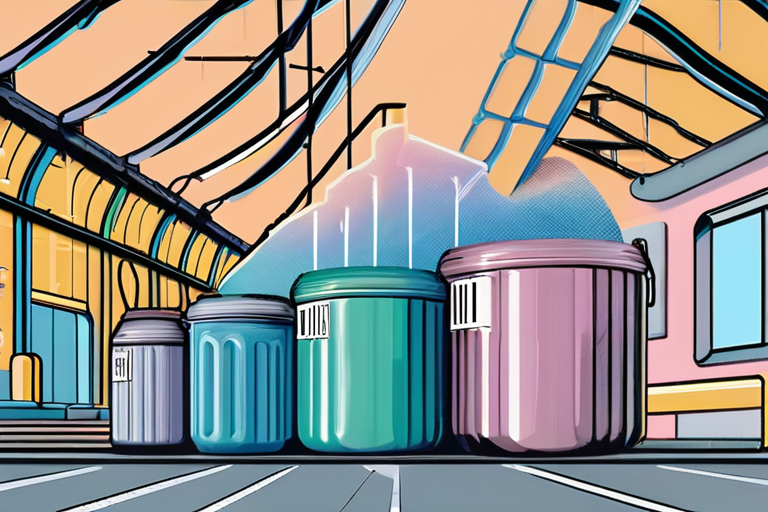

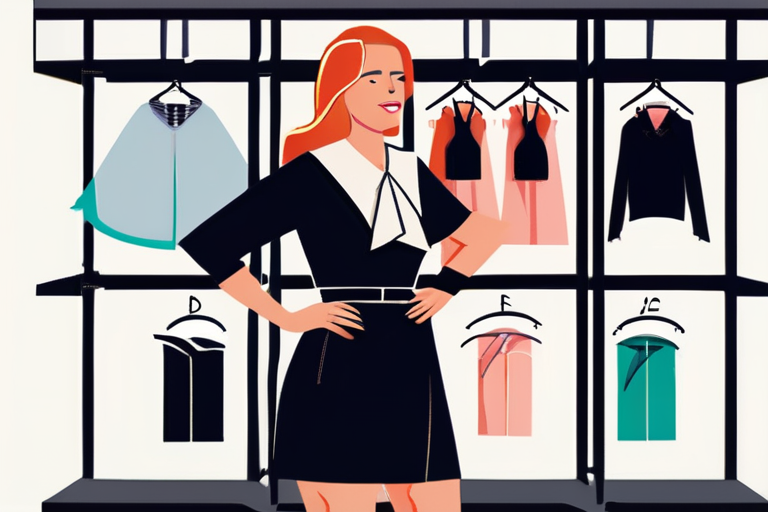


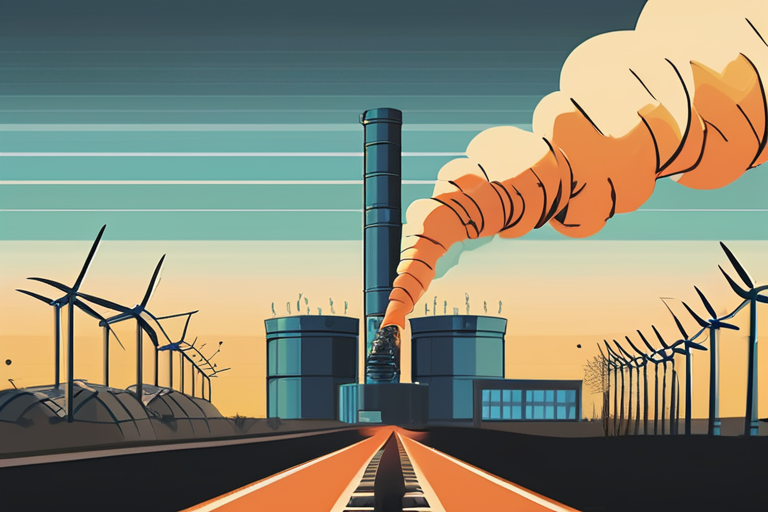

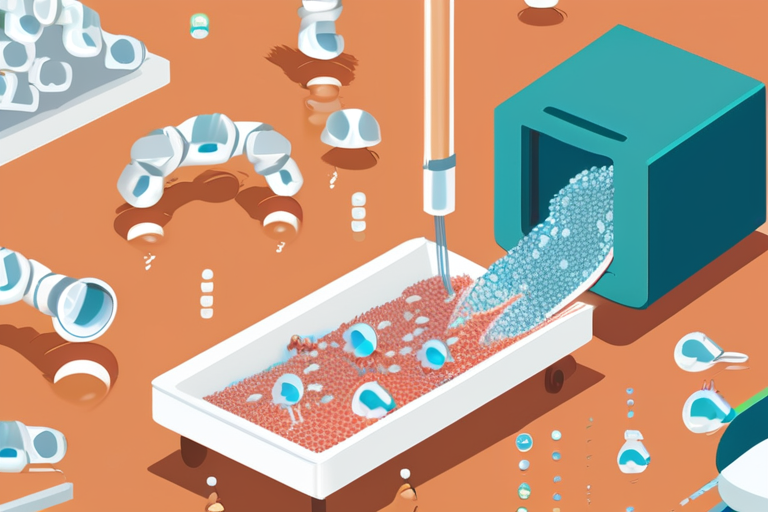

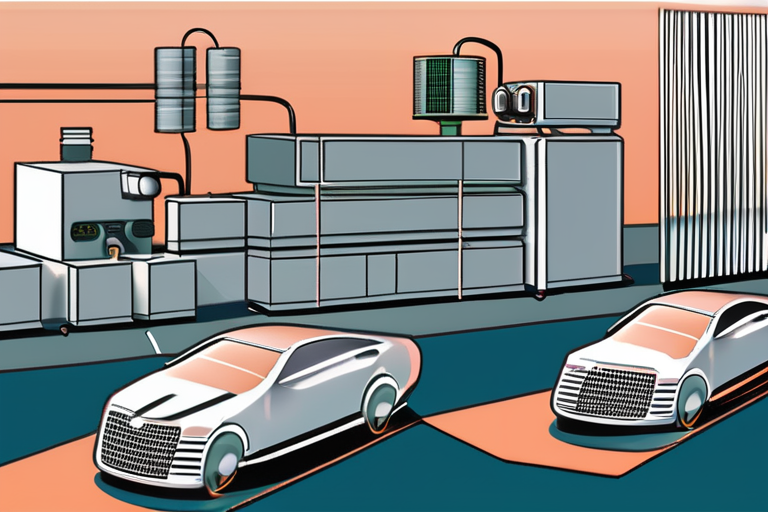

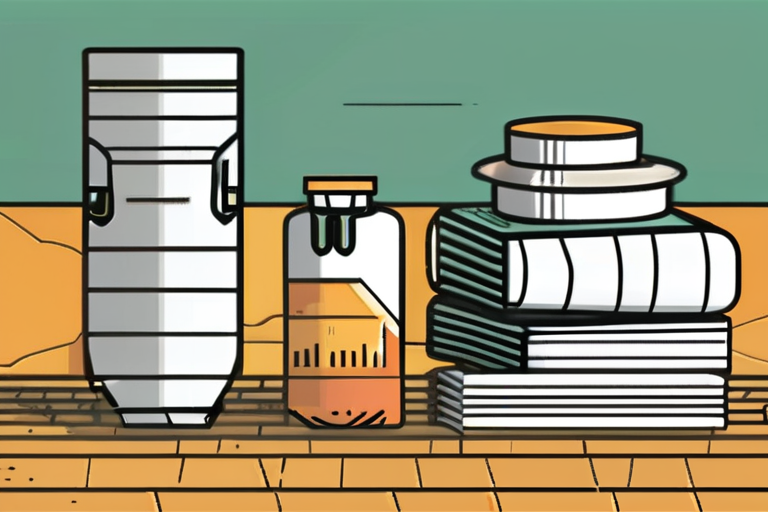

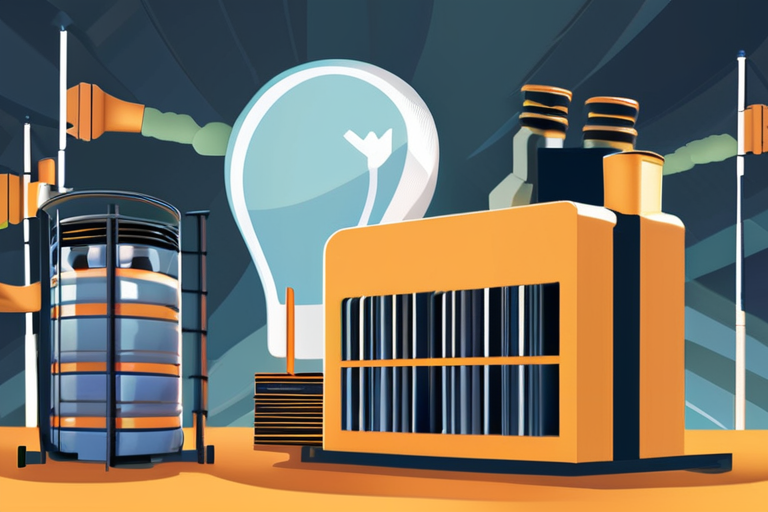
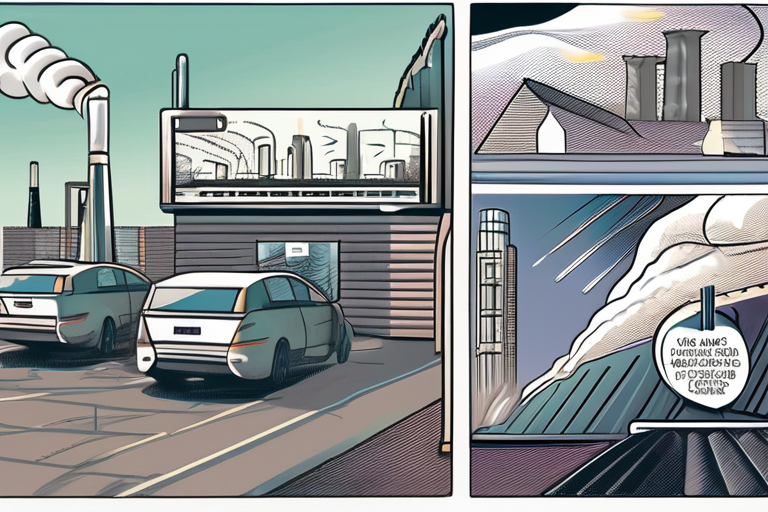
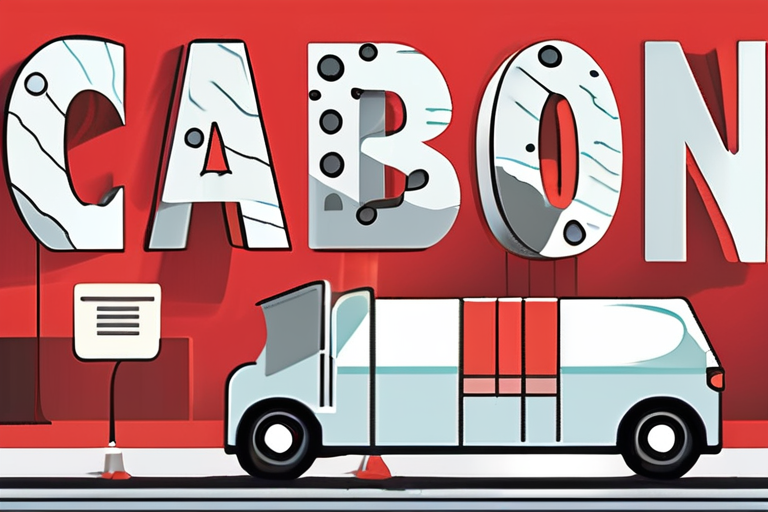
Share & Engage Share
Share this article